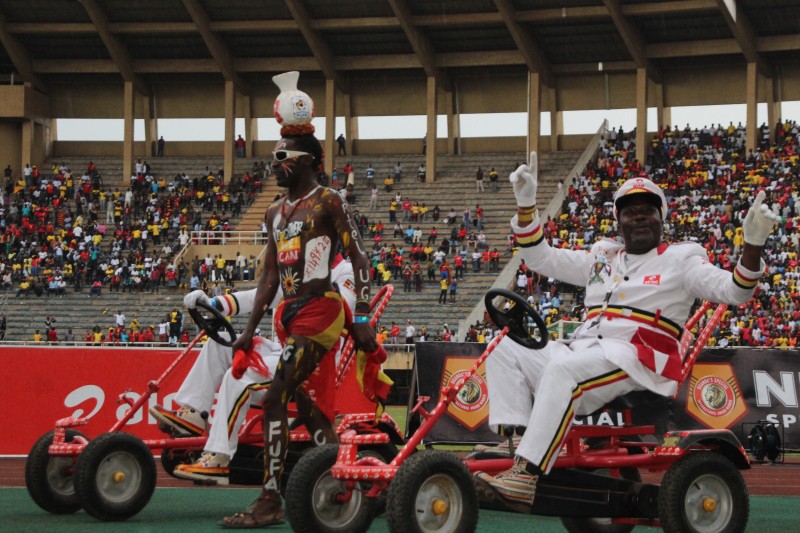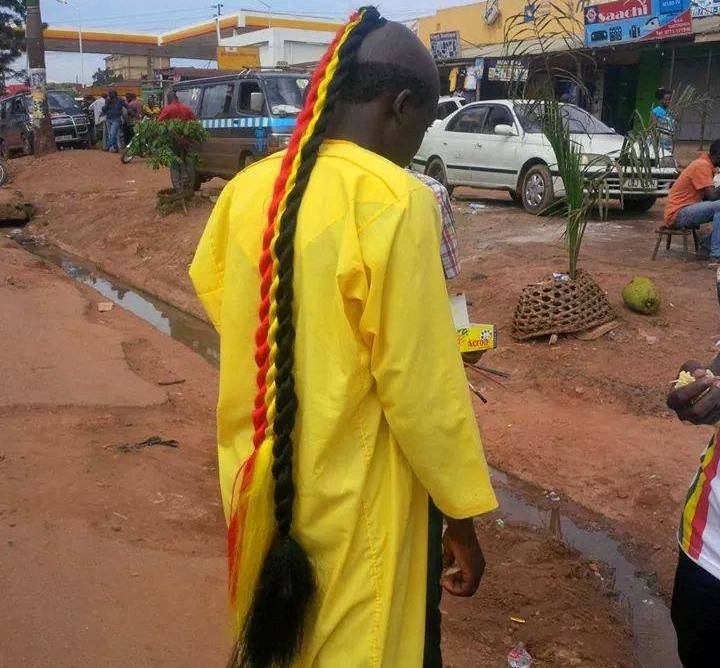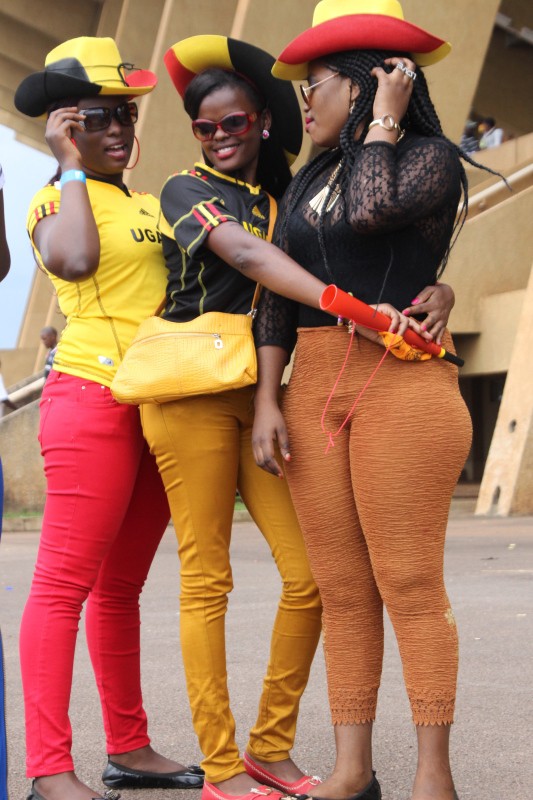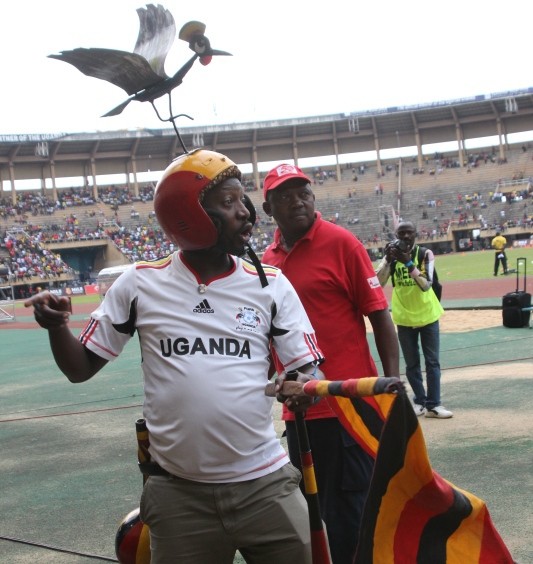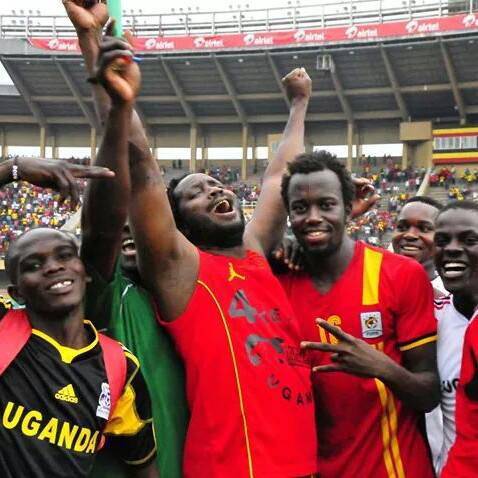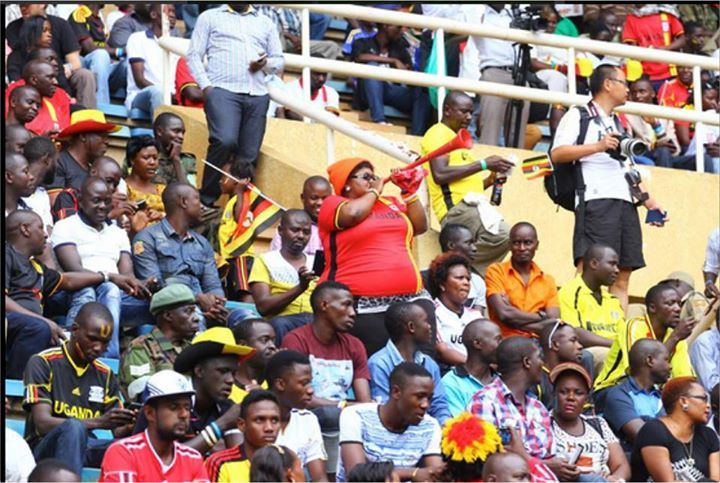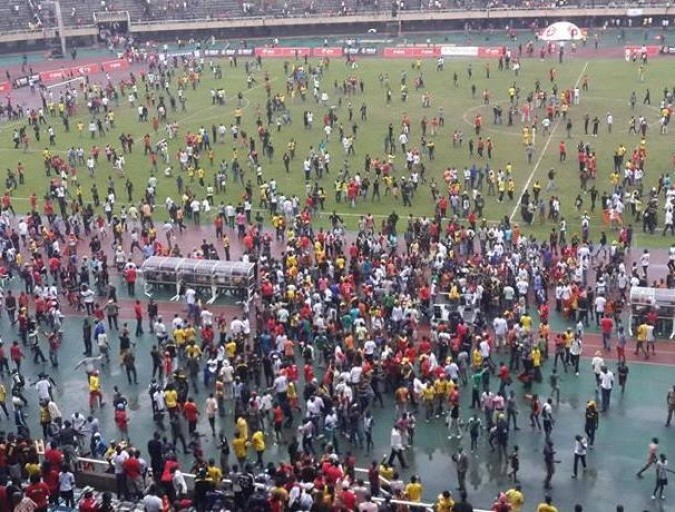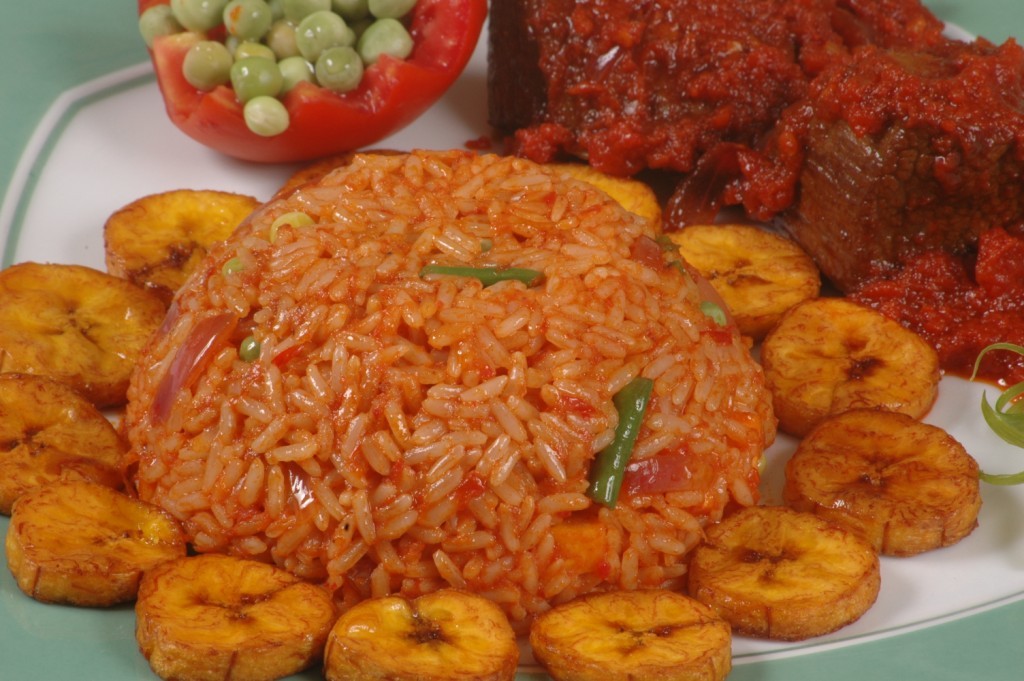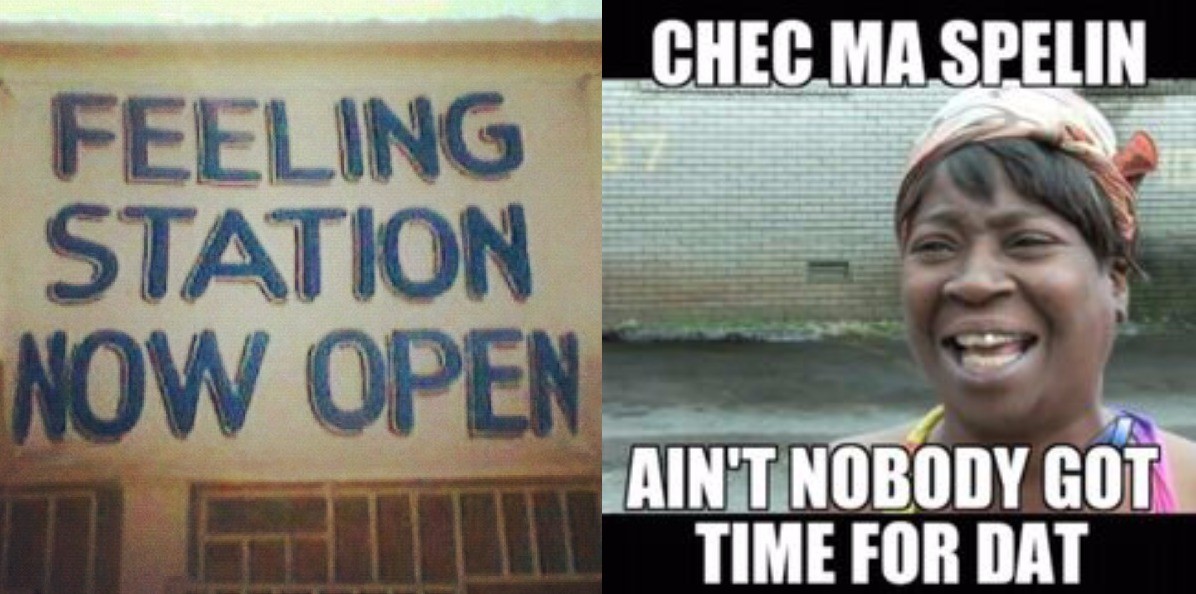The 2015 Africa Cup of Nations qualification which was meant to determine those qualified to participate in the Orange Africa Cup of Nations, Equatorial Guinea 2015, had the Black Stars of Ghana battling it out with the Cranes of Uganda. Ghana has had their first defeat in the 2015 Africa Cup of Nations qualifiers in Namboole after Uganda sneaked in a goal against the Black Stars to breath life back into their chances of qualifying for the upcoming African Cup of Nations which would be held at Equatorial Guinea. While Ghanaians are mourning, Ugandans have made it very clear that they know how to celebrate a football victory most especially when it involves a champion of the continent. Here are the craziest photos of how at it went down at Uganda.
Why Ghana lost to Uganda At the 2015 AFCON Qualifiers
Missing key players Kwadwo Asamoah and skipper Asamoah Gyan, the Black Stars of Ghana were unable to defend a corner kick from their opponents, the Cranes of Uganda, as an unmarked Ivan Ntege scored the only goal in the game in the 13th minute. Generally, the Black Stars were argued to have performed woefully on the field. According to some worthy commentators, the team lacked cohesion upfront with a seeming imbalance of midfield play. The team also lost a number of clear scoring opportunities through set pieces, while blasting all their efforts off-target. Despite the loss, the Black Stars are still on the top of the group with eight points from five games while Uganda’s Cranes are in second place after this win over Ghana with seven points from the same number of games. On November 19, Black Stars will be up against Togo for their final qualifier to secure a spot at the 2015 AFCON next year. The Black Stars still has chances to battle to secure a spot at the 2015 AFCON slated for Equatorial Guinea next year with a must-win performance against Togo in Tamale. The AFCON 2015 which will be held from January 17 to February 8, 2015, is the 30th of its kind organized by the Confederation of African Football (CAF). The tournament was initially scheduled to be hosted by Morocco but it was later moved to Equatorial Guinea as Morroco feared for its citizens with the Ebola outbreak in the continent. Morocco was actually given until Saturday to make a final decision on whether or not it would host the tournament but the country requested for the competition to be moved to 2016, due to its fear for the spread of Ebola hemorrhagic fever. Egypt has earlier refused to host the tournament for “economic and political reasons”, while the 2013 and 2008 hosts South Africa and Ghana both ruled themselves out of contention. See Also: Mohamed Salah: Fast Facts About The New BBC African Footballer Of The Year
Ghana’s Past Achievements in the African Cup of Nations
Making its first appearance at the African Cup of Nations in 1963, the Black Stars of Ghana has contributed immensely to the progress of the football competition. For example, the football team has won the AFCON four times – only beaten on that count by Egypt, and is equal with the Indomitable Lions of Cameroon. Other facts about Ghana’s involvement in AFCON includes:
Ghana has the highest host of the AFCON more than any other West African country. The country has hosted the games four times. That is an honor the West African country share with Egypt. The Black Stars have also topped the AFCON scoring charts on four occasions, with professional players like Ben Acheampong and Osei Kofi sharing the honors in 1965. Ghana has won the AFCON cup four times. The country hosted and won the game in 1963, the year it debuted. It also won in Tunisia 1965, Ghana in 1978 and Libya in 1982. One interesting fact about Ghana’s AFCON debut in 1963 was that the country’s first Prime Minister Dr. Kwame Nkrumah, who was the dedicated proponent of pan-Africanism used the AFCON to rekindle the love among his fellow patriots. Nkrumah believed that football at the time could be used as a tool for his ambition to ensure African Unity. The celebrations that followed Ghana’s successful win at the 1963 AFCON boosted the political life of Dr. Nkrumah, who was at that time largely considered the mastermind behind Ghana’s triumph.
